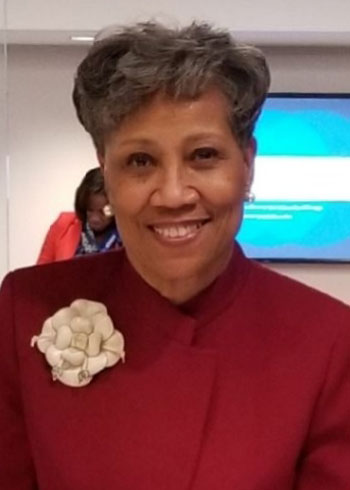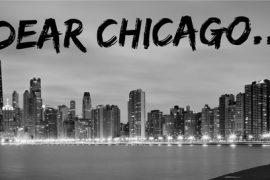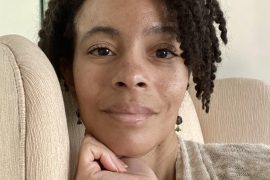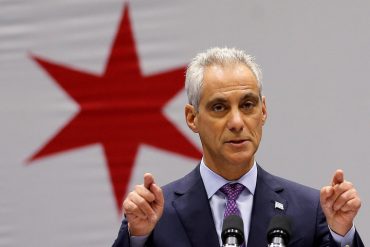Appellate Court Justice Cynthia Cobbs is on the ballot in the Democratic primary on March 17 running for election for the 1st District Judge of the Illinois Supreme Court.
Cobbs has been a judge for the 1st District, 3rd Division, of the Illinois Appellate Court since September 22, 2011 and her current term ends December 6, 2020.
Cobbs received her undergraduate degree from Morgan State University in 1972 and her master’s in social work from the University of Maryland. After working for several years as a social worker in Maryland clinics, she went on to received her J.D. degree from IIT-Chicago Kent College of Law in 1988.
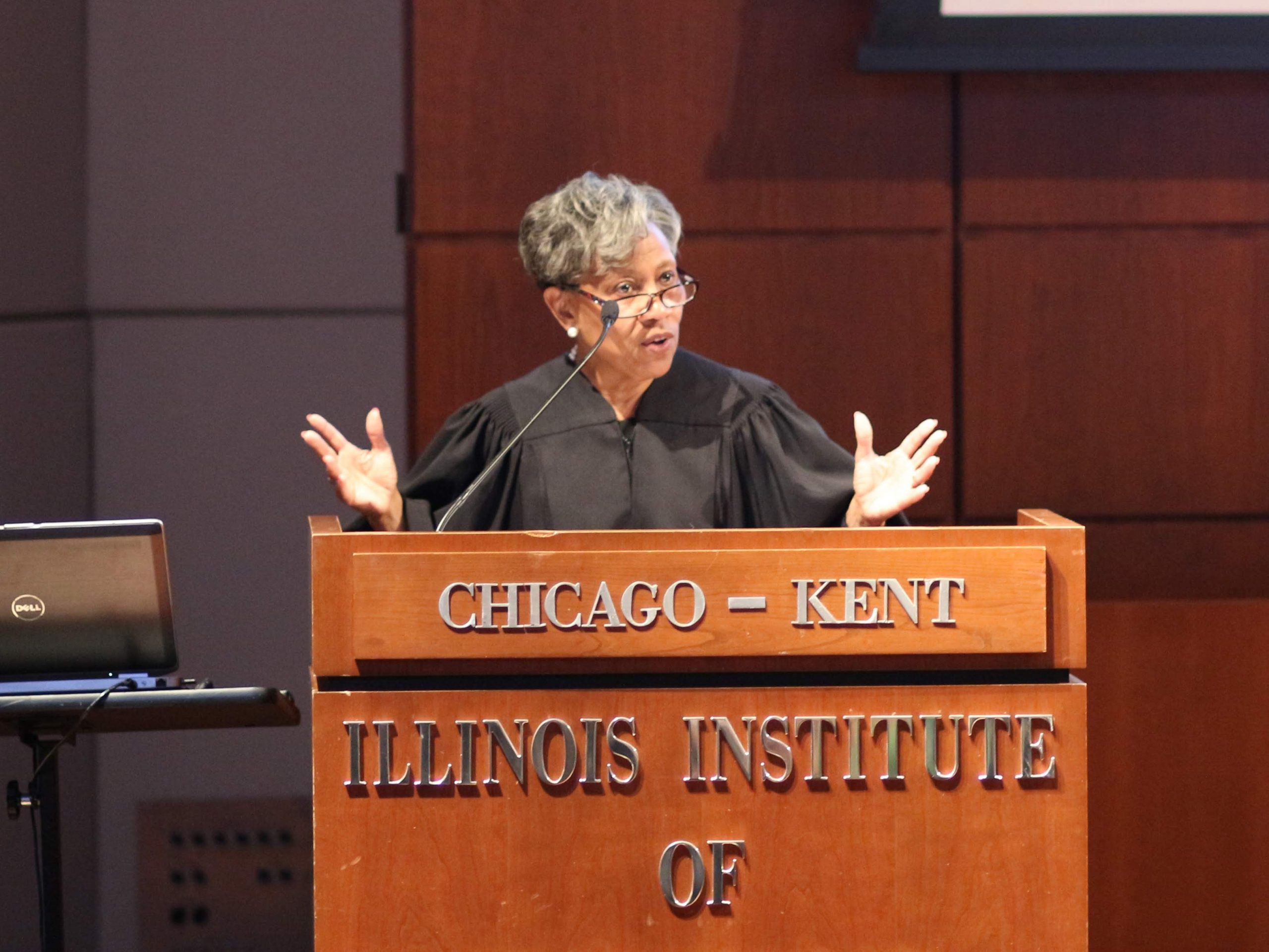
Cobbs was the director of the Administrative Office of the Illinois Courts from 2002 until joining the Cook Judicial Circuit Court in 2011. She was both the first woman and the first African American to serve in that position.
She spoke with N’DIGO recently about her legal career.
N’DIGO: As a Justice, what do you do specifically?
Justice Cynthia Cobbs: I review cases that are appealed from the lower (trial) court for error. With the assistance of my law clerks, I review the common law record and the report of proceedings from the trial court in cases filed on appeal. The purpose of the review is to identify mistakes made by trial lawyers in pleading or trying their cases, as well as mistakes which might have been made by trial judges either in ruling on pleadings, admitting evidence, instructing the jury, and making a final ruling.
How did you become interested in law and why did you want to be a lawyer?
I began my professional career as a clinical social worker. As a high school graduate and even as a college student, a career in law was never presented to me as an option. In fact, even though I had successfully completed college preparatory courses in high school, my guidance counselor advised me to pursue a career that would not require a college degree.
I did, however, pursue a college degree, graduating from Morgan State University, an HBCU, and subsequently attained my master’s degree in clinical social work. As a social worker, I worked with families and children who were alleged victims of abuse and neglect.
That work frequently took me into the Maryland courts, where I would advocate for the protection of the children I served. Often times, judges seemed unaccepting of the allegations of abuse, sometimes commenting that the allege abuser did not look like a child abuser.
I ultimately decided that if I were armed with a law degree, I would have more credibility with the judges before whom I would appear on behalf of the children who I sought to protect. So, I am a first-generation lawyer.
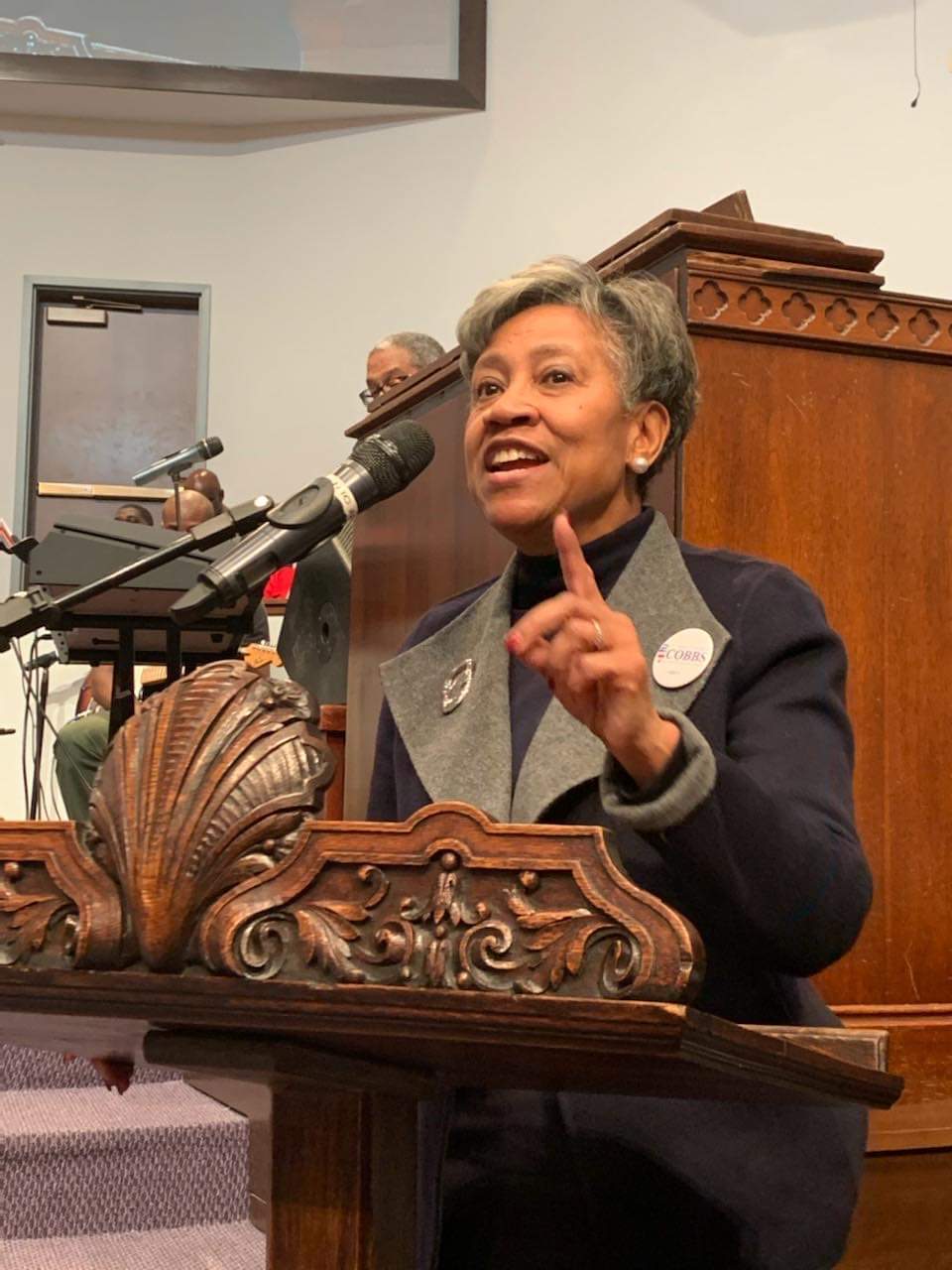
You were a law clerk for retired Supreme Court Chief Justice Charles Freeman, the first African American on the Illinois Supreme Court. What did you learn from him?
I served as a judicial law clerk to Justice Freeman in both the Appellate Court and the Supreme Court, from 1989 to 1997. He was wise, generous and always understated. I learned a lot from him.
Two things, in particular, aid me in my work as an Appellate Court Justice today: professional honesty and the value of collegiality. I often remark that one of the most amazing things about clerking for Justice Freeman was that he never once made you feel as though he was the boss.
He was the boss, but he would describe the employer/employee relationship simply as those within his chambers having different functions. When signing a note to the clerks or leaving a voicemail, he would simply refer to himself as “Freeman.” We, of course, always referred to him by his title, Justice, which he so richly deserved.
Justice Freeman never hesitated to share how the work in his chambers was managed. If he received a compliment or favorable comment regarding an opinion authored by him, he would, without hesitation, mention the law clerk who worked collaboratively with him in its production.
As an Appellate Court Justice, I now have judicial law clerks upon whom I rely and with whom I collaborate on the production of my written dispositions. In the same manner as did Justice Freeman, I seek to be professionally honest in acknowledging the contributions of my judicial law clerks.
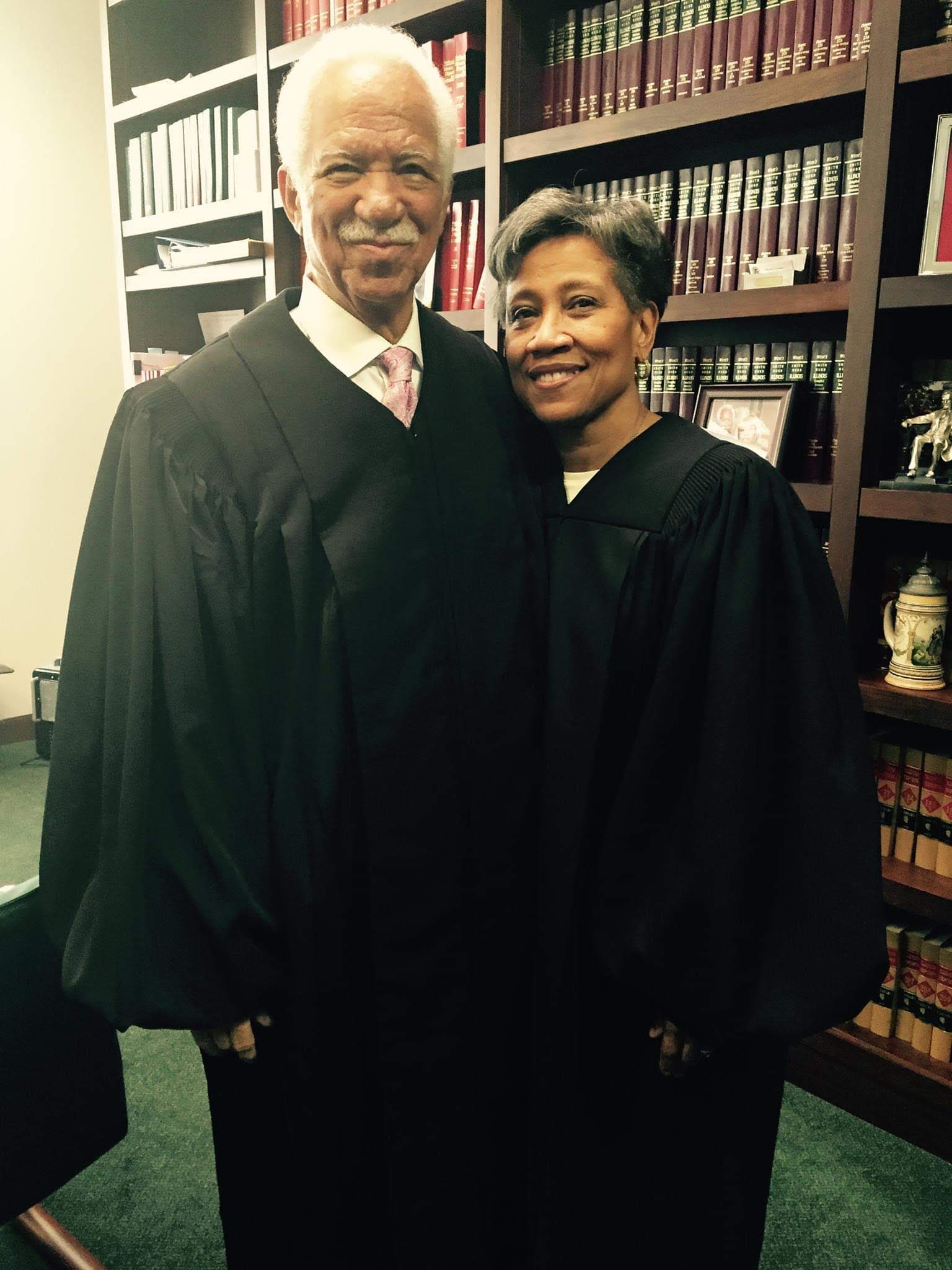
About the second thing I learned from Justice Freeman, one of the hallmarks of the Illinois Supreme Court, as well as the Appellate Court, is collegiality. As a justice on the reviewing court, I value that collegiality. Unlike trial court judges, justices serving on the Appellate Court require at least one other justice’s concurrence for a majority.
Healthy dissent is valuable in shaping the law and pointing out errors in reasoning. The harder work, however, is in building a consensus with your colleagues, without compromising your judicial philosophy and while maintaining collegiality.
Who is your favorite lawyer and why?
I admire Justice Thurgood Marshall. As a lawyer, he risked so much and overcame so many barriers to advocate for our civil rights. He ranks highly as one of my all time civil rights champions.
As a justice, what do you see as a solution to crime and violence in Chicago?
At its root, most criminal activity flows out of foundational cracks or societal ills in our society. These cracks are the result of poverty, mental illness and a lack of education. If we can address these foundational issues, I believe we can decrease crime.
What would you change most about the justice system to insure equity?
Here in Illinois and across the country, we are seeing an increase in the number of self-represented litigants. Often these individuals appear in court without attorneys because they are simply unable to afford to pay. We currently have a means by which we are able to waive court filing fees, but we have not yet identified a means by which to make legal services affordable to all who are in need.
Some years ago, the Supreme Court amended its rules to require that all practicing attorneys, when renewing their annual licenses, indicate whether they have provided pro bono (free) legal services or supported a legal services provider within the prior year. Still, there is a need to do more. There is no single best answer, but there are things that, at the Supreme Court level, could be done to continue and to enhance progress made, at least in civil cases.
Currently, third year law students that are certified by their law school deans and who are approved and licensed by the Director of the Courts, may engage in the limited practice of law under the supervision of a fully licensed Illinois attorney.
(Perhaps rules) could be amended to require that those students devote a percentage of their time working with pro bono litigants who seek assistance with civil matters. At the very least, they could, among other things, review a litigant’s paperwork to ensure that their cases are properly plead and filed; answer questions about court proceedings; and, point those litigants in the right direction to receive free or reduced legal services from agency providers.
Utilization of the students in this manner may increase involvement of Illinois’ licensed attorneys in the delivery of pro bono services, as well as reinforce the Court’s strong interest in having individuals who will one day be admitted to the Illinois bar recognize the importance of pro bono work as a method of giving back to the community.
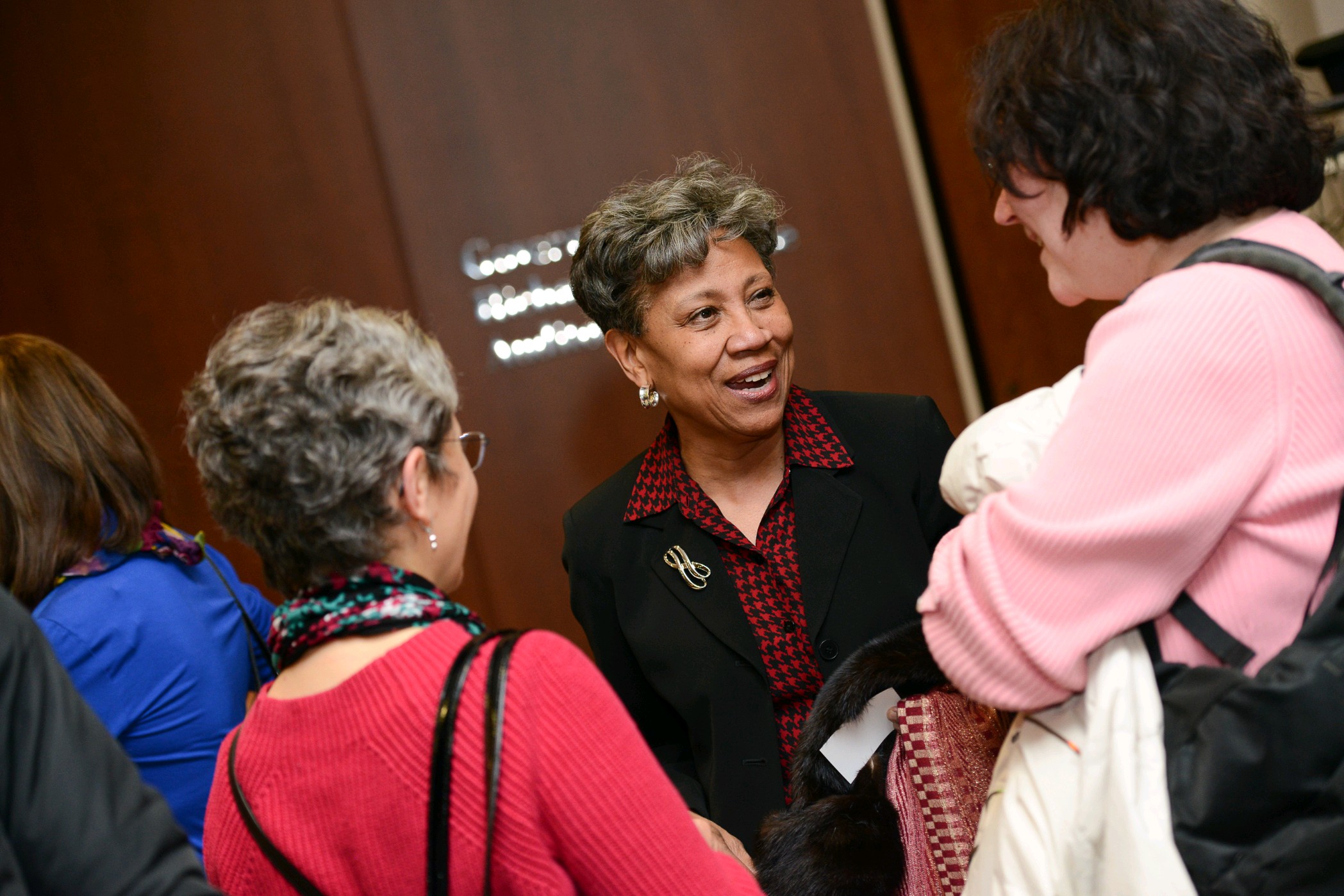
As a justice, what do you see as a solution to crime and violence in Chicago?
At its root, most criminal activity flows out of foundational cracks or societal ills in our society. These cracks are the result of poverty, mental illness and a lack of education. If we can address these foundational issues, I believe we can decrease crime.
What would you tell young women who want to become lawyers?
Pursue it with all of your might! Though the playing field for women lawyers is not yet even, we’ve made great strides since the time I entered law school. We now find young women lawyers, and more specifically African-American women lawyers, in major law firms, in corporate offices, and serving as leaders in the highest governmental offices. With hard work and an unwavering resolve, you can excel beyond your dreams.
What three people, dead or alive, would you most like to have dinner with?
My 95-years-young mother, who lives in Maryland and is beautiful inside and out, nurturing and wise. Maya Angelou, for her poetic beauty and style. Harriett Tubman, for her courage and tenacity.
As a professional woman and married, how do you balance life?
My husband Austin and I are a team, however, we each enjoy a level of self-sufficiency. Over the years, we’ve matured together. We respect each other’s time, space and interests.
What’s on your playlist?
Gospel, a generous selection of smooth jazz, and a bit of Bob Marley.



